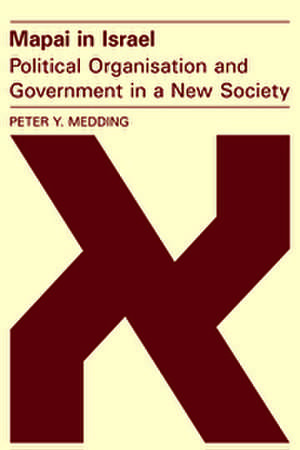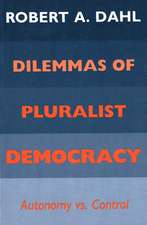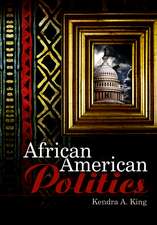Mapai in Israel: Political Organisation and Government in a New Society
Autor Peter Y. Meddingen Limba Engleză Paperback – 23 iun 2010
Preț: 289.78 lei
Nou
Puncte Express: 435
Preț estimativ în valută:
55.46€ • 57.68$ • 45.78£
55.46€ • 57.68$ • 45.78£
Carte tipărită la comandă
Livrare economică 14-28 aprilie
Preluare comenzi: 021 569.72.76
Specificații
ISBN-13: 9780521144513
ISBN-10: 0521144515
Pagini: 340
Dimensiuni: 152 x 229 x 19 mm
Greutate: 0.5 kg
Editura: Cambridge University Press
Colecția Cambridge University Press
Locul publicării:Cambridge, United Kingdom
ISBN-10: 0521144515
Pagini: 340
Dimensiuni: 152 x 229 x 19 mm
Greutate: 0.5 kg
Editura: Cambridge University Press
Colecția Cambridge University Press
Locul publicării:Cambridge, United Kingdom
Cuprins
Preface; 1. The problem and the setting; Part I. Party and Society: the Incorporation of Diverse Social Forces: Introduction: non-competitive and competitive patterns of organisational penetration and control; 2. Agricultural settlements: non-competitive organisational penetration; 3. Industrial workers, artisans, and professionals: competitive penetration; 4. Ethnicity, sex, religion and age: cross-cutting cleavages and attenuated penetration; Part II. Internal Party Organisation: Membership, Representation, Participation and Leadership: Introduction; 5. Individual membership, branch organisation and local representative institutions; 6. National representative decision making institutions: the conference, council and central committee; 7. National executive institutions; 8. The party machine; Part III. Party and Government: Leadership Selection, Decision Making, Institutional Control, and Succession: 9. Leadership selection and direction of parliamentary and Histadrut institution; 10. Decision making; 11. Depoliticisation and state integration; 12. Leadership, succession and organisational maintenance: conflict, split and reunification; 13. Conclusion: political organisation and political success; Selected bibliography; Index.
Descriere
This work explains how Mapai governed Israel from 1948 to 1969 when it became a partner to the Israeli Labour Party.
















